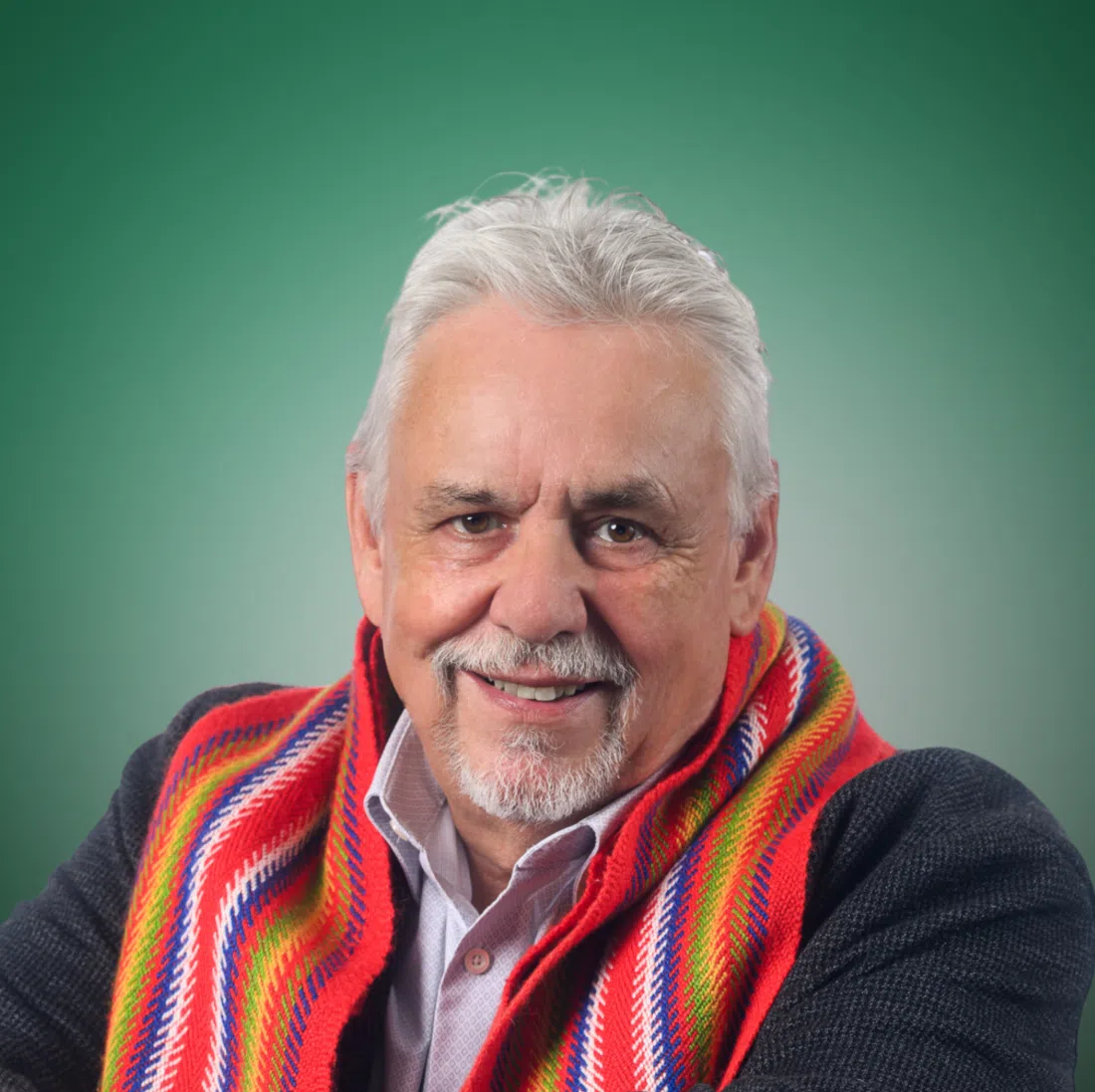LONDON — Prime Minister Mark Carney is urging “like-minded” countries to work together in the face of the economic and geopolitical “rupture” driven by U.S. President Donald Trump’s tariff agenda.
Carney, who was in the United Kingdom Friday for meetings on trade and diplomacy, said the world is witnessing a “big change” to the global trading system and “we’re not going back.”
“Nostalgia is not a strategy there,” Carney said during a panel discussion in London on Friday.
Carney made the comments at the Global Progress Action Summit, where he was speaking on stage with British Prime Minister Keir Starmer, Australian Prime Minister Anthony Albanese and Iceland’s Prime Minister Kristrún Frostadóttir.
Carney touted his plans to build up Canada’s domestic defence industry and deepen trade and security partnerships with “like-minded partners.”
“We have learned the lesson that we need to be … masters in our own home. We were over-reliant on one trading partner,” he said
The prime minister said this can be addressed by “building at home and diversifying” with “like-minded trading partners” around the world.
“That’s not everybody in the world, but countries that share our values, a shared commitment to open markets,” Carney said.
The panel focused on how centre-left political parties can compete with growing right-wing populism.
Carney is in London for bilateral meetings with the leaders of the United Kingdom, Australia, Spain and Iceland to discuss trade and security.
Carney was also scheduled to meet with the Danish prime minister, but their Friday meeting was cancelled. Four drones flew over Danish airports Wednesday night into Thursday morning, raising security concerns linked to recent Russian incursions into NATO nations’ airspace.
Senior government officials speaking on background described the trip as an opportunity for face-time with world leaders to strengthen trade, business and security partnerships as Canada looks to reduce its reliance on the United States.
This is Carney’s fourth meeting with Starmer since taking office. It’s the first time the prime minister has met in person with the Australian, Icelandic and Spanish leaders.
This latest international trip comes after Carney’s recent visits to Mexico City and the United Nations General Assembly in New York, and after he hosted the leaders of Indonesia and Ireland in Ottawa before his departure.
The Conservatives have criticized Carney’s recent international trips, saying they haven’t produced concrete results for Canada.
During their meeting, Carney and Starmer discussed Canada supporting the U.K. becoming a member of the Comprehensive and Progressive Agreement for the Trans-Pacific Partnership, a trade agreement primarily involving Pacific nations.
On Monday in New York, Carney noted Canada is a founding member the CPTPP and struck a free-trade agreement with the European Union.
Some have suggested that the EU could join the CPTPP, which would offer major global markets a way to limit the damage from coercive Chinese and American trade policies. Others say the EU could simply agree to trade more with CPTPP countries.
Carney said Monday that Canada is part of these discussions but “it’s still early days.”
Asia Pacific Foundation vice-president Vina Nadjibulla said any talk of trade collaboration is good news.
“For Canada, this is great because it shows that we’re able to bring together our Indo-Pacific and Euro-Atlantic partners,” she said.
Canada and the U.K. still don’t have a bilateral trade deal. The two countries have been using an interim deal from April 2021, when the U.K. left the European Union.
Both countries launched talks on a permanent deal a year later, but London suspended negotiations in January 2024. The two countries have been at an impasse ever since, with Britain blocking hormone-treated beef from Canada and U.K. farmers calling for more cheese exports to Canada.
“We will want to see some progress on those issues so that our producers can have access to the British market on an equal footing with the access British producers have to the Canadian market,” said Canada’s High Commissioner to the U.K. Ralph Goodale.
Goodale said he sees a “landing zone” for renewed trade talks and noted the vast majority of goods traded between the two countries are tariff-free.
Carney and Starmer also discussed their recent recognition of Palestinian statehood, the ongoing conflict in the Middle East and the war in Ukraine.
Nadjibulla said Canada, the U.K. and Australia want deeper collaboration in response to the instability emanating from Washington.
Australia, for example, is trying to get clarity from the U.S. on the future of its AUKUS security partnership with London and Washington, she said.
“Canada has this unique geography, sitting in the middle of these two theatres, and we can be that bridge between democracies and allies and partners in the Indo-Pacific and in the Euro-Atlantic, both on the security and defence side (and) also on the economic side,” she said.
Canada, the U.K., Australia, New Zealand and the U.S. are allies in the Five Eyes intelligence-sharing partnership.
While Carney and Starmer focused on areas of agreement, they disagreed firmly on one topic: women’s rugby.
The two leaders presented each other with the jerseys for their countries’ women’s national teams, which will square off in the Women’s Rugby World Cup final on Saturday.
This report by The Canadian Press was first published Sept. 26, 2025.
— With files from Dylan Robertson and Kyle Duggan in Ottawa and The Associated Press.
David Baxter, The Canadian Press











